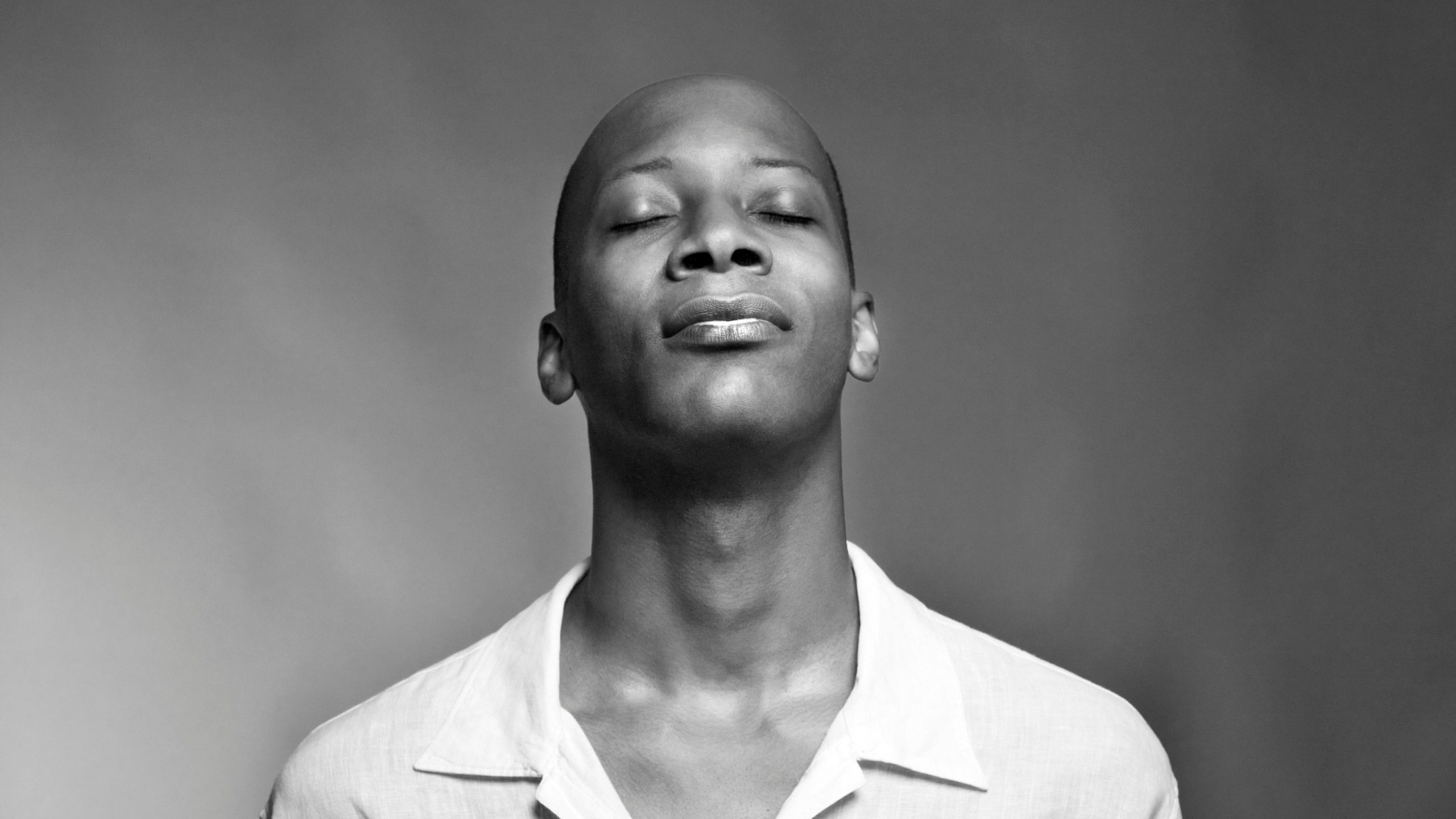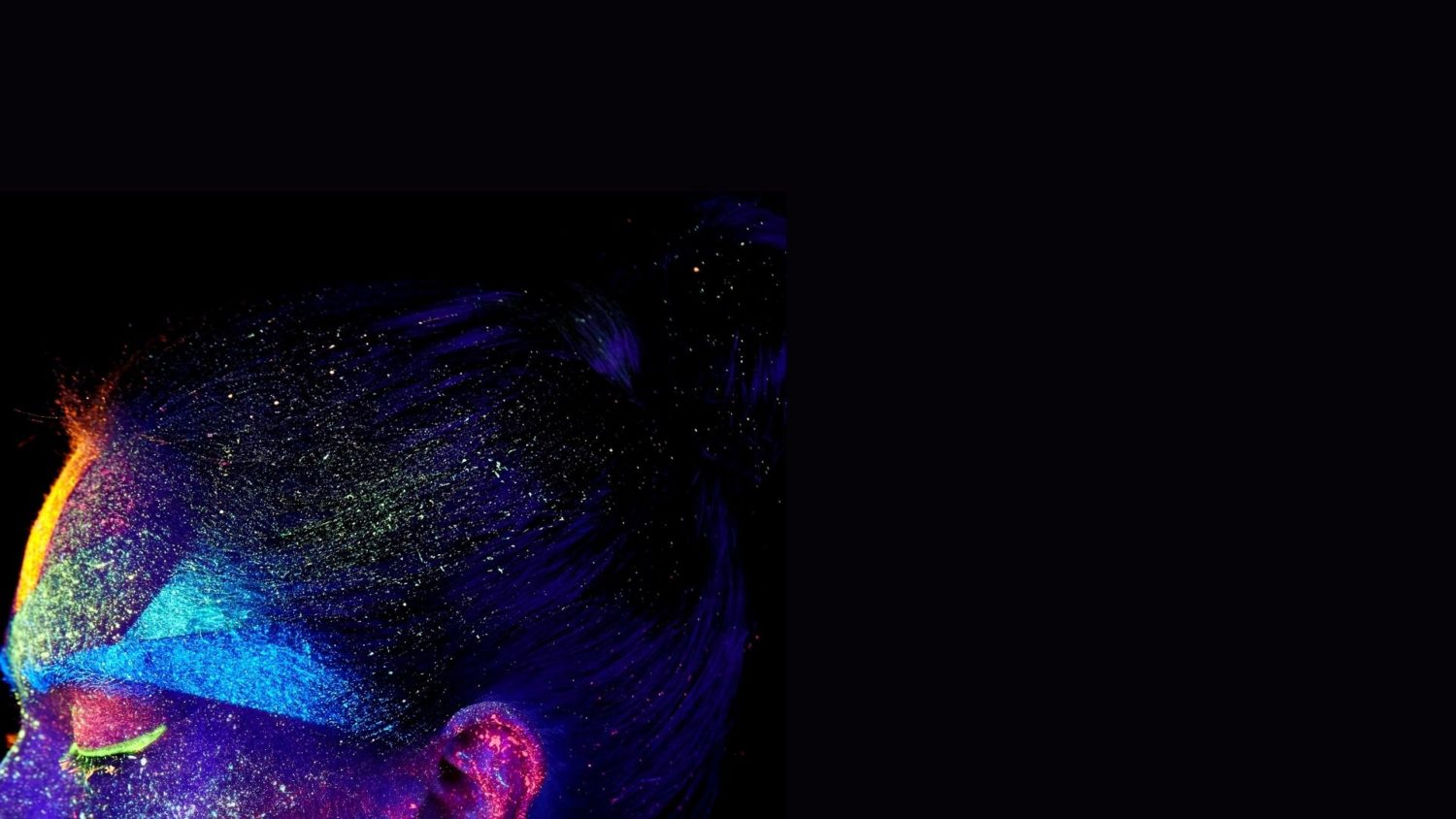A lot of people have formed the idea that meditation is a way to discipline the mind. To quiet it, focus it, calm it down, cultivate more of the thoughts you want to have and with that become more of the person you want to be. This idea might be helpful to get you started but can keep you trapped in identification with the mind.
In this episode of the Uncover YOU podcast, I talk about how meditation will change your relationship with your mind altogether. That at the heart of meditation is self-realization and an inner knowing of who you are that will have you fall in love with all the things you were desperately trying to change.
I also tell you of five ways you will notice that your relationship with your mind has changed. Let’s dive in!
Listen to episode 42, on what will happen when you focus on changing the relationship to your mind, rather than changing your mind:
From this week’s episode:
The development of your self awareness
When you’re a young child you identify with your body. Your attention is directed to objects around you and to your body. Parts of your body are labelled as your fingers, your toes, your nose. You look at the other bodies in the room and learn that those are dad and mom. You look in the mirror and that’s…ME. You seem to be your body and your body seem to be you.
As you grow older, a natural development of awareness happens where you shift your sense of I to start identify with your thoughts, opinions, characteristics, dreams, passions and personality. “I think, therefor I am”, as Descartes wrote. You have become identified with your mind and you think that what is going on in there is who you are.
For many of us, that’s where the expansion stops. We live our life identifying with the thoughts in our head and believing we’re the ones having opinions. When in fact, it’s more like our opinions are having us. Without awareness of how the mind works and how we put our faith in ideas, an idea can plant its seed in us and grow from the faith we invest in it. And since we’re also putting faith in the idea that our thoughts are who we are, THAT idea will grow and seem very real. What we’re probably not aware of at this stage is that we’ve now put our mind in a role it’s not very good at. It’s awesome for dreaming, navigating and operating in this reality, but it’s not great at being in charge of our direction in life and our experience of ourselves.
The mind is like an artificial intelligence (which makes sense because AI are modelled from the human mind, but sometimes it’s easier to look at things outside of us to understand ourselves), and the most spectacular one I know of. It will program itself based on our experiences. It will activate new areas in our brain and down-regulate others, depending on what activities and thoughts we direct our attention on and participate in. It will create programs designed for keeping us safe and avoid pain first and foremost, because that’s crucial for our survival.
This is where it can get tricky, because the mind can create conflicting programs. We want to learn a new language to add a skill to our toolbox, AND we also have a program trying to protect us from feeling like a failure, so we procrastinate and don’t get started at all. Or we want to connect deeply and build trust with our partner, but we also have a program that has known connection to be unsafe for us and are trying to push it away and look for danger.
Can you see how exhausting it can get to try and navigate all this while you also believe that you are all these different reactions and programs?
If I’m not my mind, then who am I?
You’ve probably heard this analogy before, but let’s do it with a little twist. There’s the sky and there are clouds passing on the sky. The sky is watching the clouds, they come and go and they are there every day in some form or another so the sky starts forgetting it’s sky and thinks it’s the clouds instead. The clouds can’t leave now because what you are cannot leave. You can’t just go away and stop existing. The sky thinks it’s dark clouds, and then fluffy white clouds and later it’s delicate, feathery clouds. The sky likes being the fluffy white ones the most and doesn’t enjoy being the dark ones. It wants them to go away so it can be the white clouds again but since it believes it IS the dark clouds it’s hard to chase away something you believe is you.
It’s the same with your thoughts and your emotions. When you believe you are them, how could they pass?
Many people can buy into the idea that they can change some of their programs, thought patterns and habits, and therefor change themselves. But what I’m pointing to is more than that. Not just that you’re not one specific thought pattern or program, you are also not the dreaming machine dreaming it all up. The mind ITSELF is not what you are.
So who are you? You are the one who can observe the thinking, the patterns, the emotions. Because what you can observe can never be you, and the one observing is who you are.
When you allow yourself to be you and stop identifying with the clouds, with your thoughts and your emotions, they can come and go. If clouds are like your mind, you’ve forgotten that you’re the sky and you’re being pulled along in different directions by the movement of the clouds.
This must be the right choice, I need to figure this out…
When we believe we are our mind and the activity in it, it’s very hard to change anything or let it pass naturally. It’s when you step out of the identification and start asking yourself the question: Who am I? that the next step in the development of your self-awareness can take place.
This is at the heart of meditation. You might have heard meditation being described as something you do to quiet your mind, relax, be more productive, open your heart, change your brainwaves, manifest your dream life… All those can be benefits and consequences of your meditation practice, but at the heart of meditation is self-realization. YOU directing your attention on YOU and deepening that awareness of who you truly are.
How the relationship to your mind changes when you meditate
With good guidance or understanding of where to direct your attention, and what to explore in your meditation practice you will start realizing through direct experience that you are separate from your mind. And I don’t mean as an idea, a concept. When you FEEL and become AWARE that what you are is separate from your mind, and that your mind can be observed by YOU, that’s when things will start shifting in your inner landscape.
You haven’t changed your mind and your thinking, but the relationship with your mind and your thinking.
When you do, you might notice something like:
1) The urgency to fix your pattern fades
Mind is not fighting you. You are not fighting your mind. Mind is fighting mind. Stop identifying with it and any fighting still going on won’t bother you nearly as much as when you’re identified with it.
When you feel yourself as awareness, what arises in the interface of the mind is just different clouds that will come and go. They make shapes and storms and drama, but you’re resting as the sky, containing all the clouds and rain they produce.
It’s the identification with the mind that makes it seem so important to change the mind. We might still want to help some of our past patterns to release and change, especially if they are causing strong nervous system reactions or are stuck in loops, but doing this will be so much easier now that you’re not operating from a mind idea of needing to do it.
2) It’s more clear to you what your mind is up to
You can see that it’s doing mind-stuff. Throwing out ideas and creating stories. You can also see that it is what you then choose to put your attention on and faith in that sticks around. This is hard to see when you’re right in the middle of it, but from here on your new found hilltop, there’s a better view.
3) You laugh at what your mind is up to more often
Let’s be honest, some of it is just ridiculous. When you can see the conflicting ideas and the myriad of thoughts that are being thrown out, it can be kinda comical.
4) You accept and appreciate your mind for what it’s been trying to do
There’s even space of acceptance for the inner judge, the harsh critical voice. When you don’t believe its story AND are not identified with who it’s talking to AND are not identified with the mind altogether, the judge doesn’t have much impact. You can see what it’s been up to and why but its actions doesn’t affect you in the same way.
5) You start loving your mind as an awesome part of yourself
When it’s not in charge anymore it can start aligning with the new leadership and operating from new visions and guidelines. You’ll notice new thoughts and narratives that are a lot more helpful, kind and creative. You’ll notice impulses to take more care of yourself and make you feel good, rather than bad. You can start having a quite fun and nourishing relationship with each other.
All of these changes without trying to “optimize your brain” or “think positively”, but simply from going inward to investigate who you are and sincerely wanting to know.
All these changes from coming back home to yourself.




